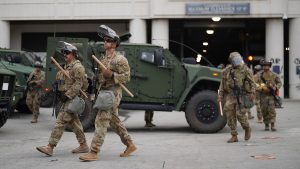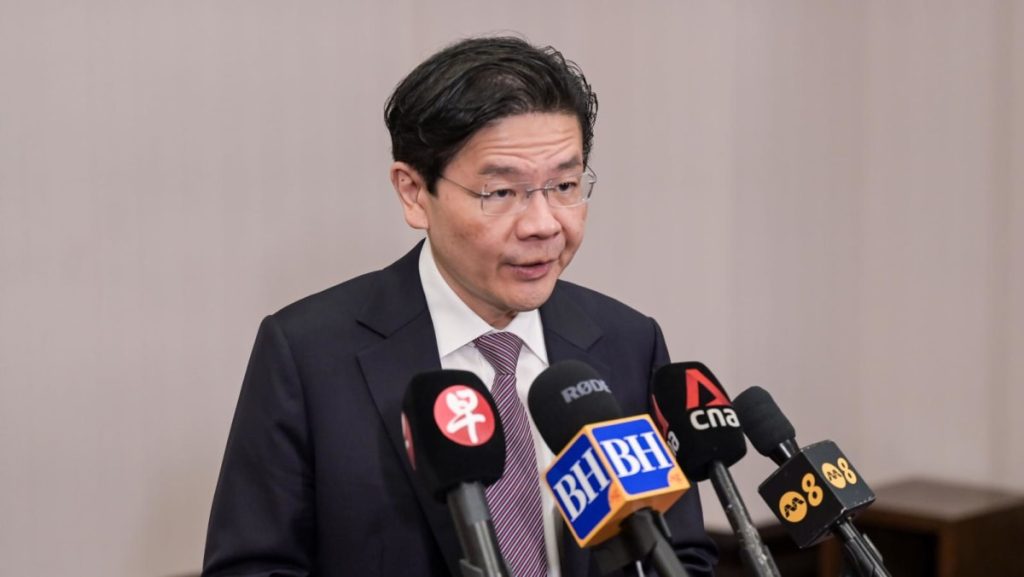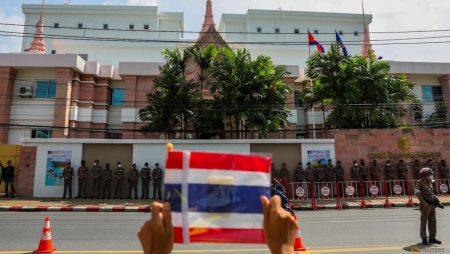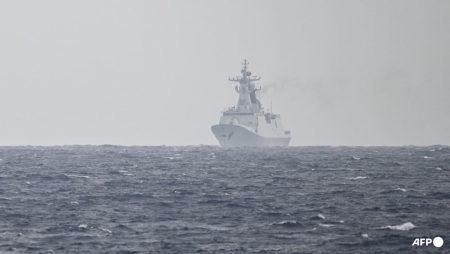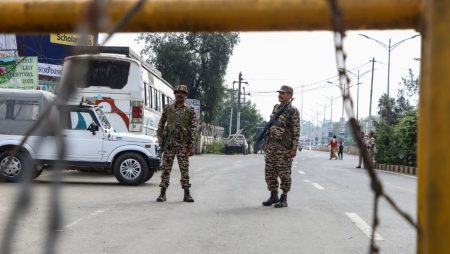The Joint Ministerial Committee for Iskandar Malaysia (JMCIM) meeting between Singapore and Malaysia culminated in a significant agreement on the Johor-Singapore Special Economic Zone (JS-SEZ), a project a year in development. This initiative, described by Malaysian Prime Minister Anwar Ibrahim as unique and rare, highlights the collaborative spirit between the two nations. Crucially, the agreement establishes a framework for regular, high-level engagement to address long-standing bilateral issues.
Prime Ministers Anwar and Lee Hsien Loong, represented by Singaporean Deputy Prime Minister Lawrence Wong, agreed to quarterly meetings to monitor the progress of resolving key bilateral concerns. These issues, encompassing water supply, airspace management, and maritime boundaries, are complex and require sustained dialogue. While acknowledging the inherent challenges and differing viewpoints, both leaders expressed a firm commitment to continued engagement. The aim is to leverage these regular meetings, empowered by the prime ministers’ involvement, to achieve tangible progress on all three bilateral issues by the next leaders’ retreat, scheduled to be held in Singapore later this year.
Logistics for these quarterly meetings are currently under discussion, with potential venues including the JS-SEZ itself. The meetings will serve as milestones to assess the ongoing discussions related to the outstanding bilateral issues and ensure continuous forward momentum. This structured approach reflects a shared determination to overcome long-standing obstacles and strengthen the bilateral relationship. The frequency of these meetings will provide ample opportunities to address concerns and maintain momentum in the negotiations before the next leaders’ retreat.
Beyond the formal structure of the quarterly meetings, the strong personal rapport between Prime Minister Anwar and Deputy Prime Minister Wong forms a solid basis for collaboration. Their frequent interactions, including at ASEAN and various multilateral forums, have fostered a relationship built on mutual trust and understanding. This positive dynamic at the leadership level sets a positive tone for interactions between ministers and officials, facilitating productive engagement on bilateral issues. The strong foundation established at the highest levels of government permeates the broader relationship, creating an environment conducive to cooperation and problem-solving.
The emphasis on fostering stronger ties extends beyond official business. Deputy Prime Minister Wong proposed the revival of “civil service games,” a tradition that offers a more informal platform for interaction between officials from both countries. This suggestion recognizes the importance of building personal connections and fostering camaraderie beyond the confines of formal negotiations. These informal exchanges offer opportunities to build rapport and strengthen understanding outside the pressures of official business. These interactions contribute to a more holistic and positive relationship, facilitating smoother communication and collaboration on more challenging issues.
In conclusion, the recent JMCIM meeting and the agreement on the JS-SEZ signify a crucial step forward in Singapore-Malaysia relations. The commitment to quarterly meetings reflects a shared determination to tackle long-standing bilateral issues. These regular engagements, combined with the strong personal relationship between leaders and the emphasis on informal exchanges, create a robust framework for progress. The proactive approach and commitment to dialogue underscore a shared vision for a stronger, more collaborative future between the two nations. The success of these efforts will contribute significantly to regional stability and prosperity.
